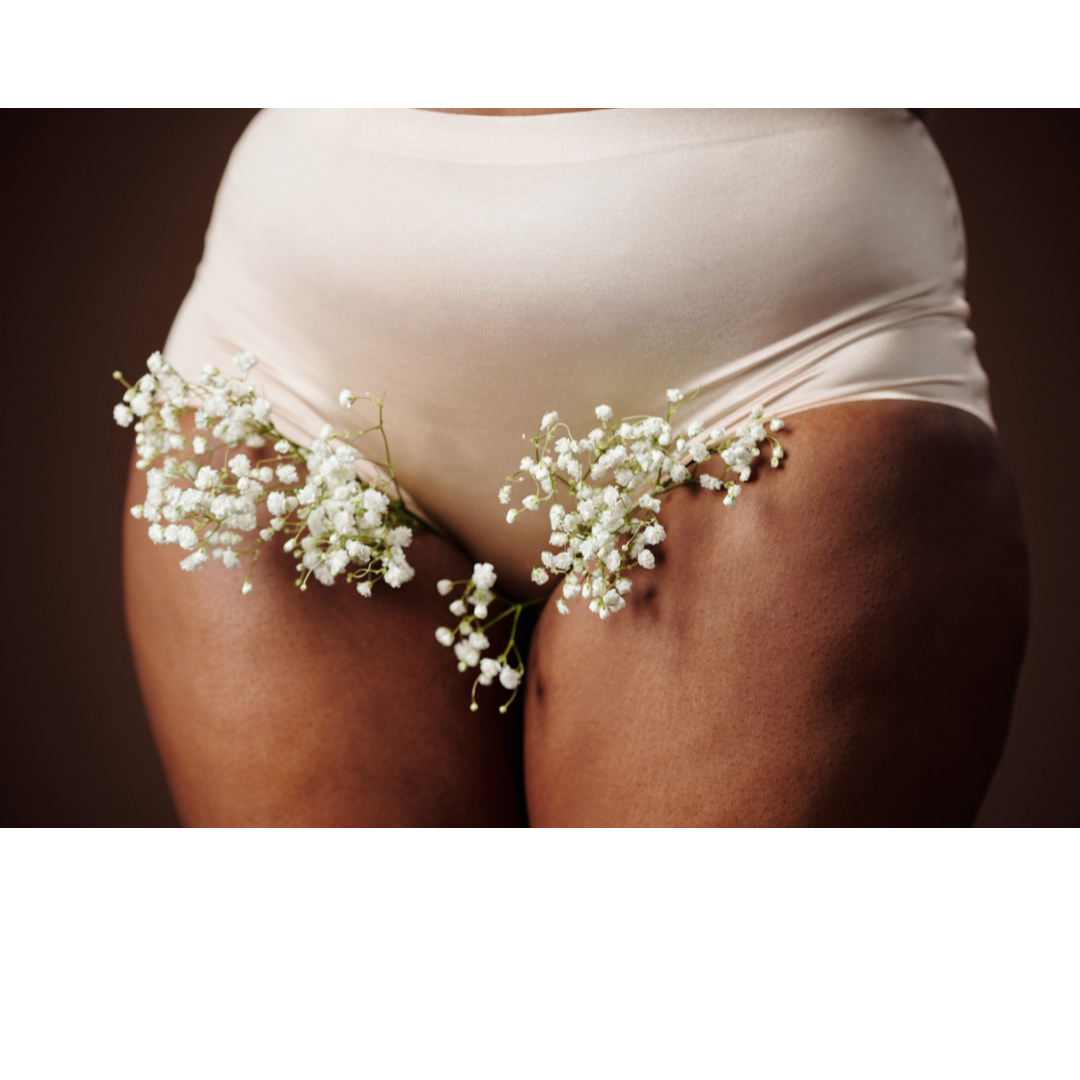
What You Need to Know About Vaginal Odour
Share
There has been a long history of women being shamed and as a result, feeling ashamed and self conscious of normal body odours, especially vaginal odour. On one hand, there is the pressure to have a vagina that smells like something that has nothing to do with vaginas. If you haven't noticed, take a look in your local pharmacy or supermarket and you’ll see “feminine hygiene” or “intimate care” products with scents like Peaches and Cream, Summer Rain, Pina Colada Sunset (or something to that effect). And on the other hand, there’s the idea that the vagina should smell like nothing at all, so any odour is something to worry about.
The truth is that it’s normal for the vagina to have a faint smell and it’s also not meant to smell like flowers, baby powder or complex feelings. Vaginal odour changes throughout the menstrual cycle and is typically most intense mid-cycle. People may also notice changes to their normal vaginal odour in different situations like when sweaty or during pregnancy due to hormonal changes.
This is not to say that strong, unpleasant odour isn’t something to look into! In cases of poor hygiene some people can have odour caused by leftover urine on the vulva.
Vaginal infections can cause changes in odour as well. With bacterial vaginosis (BV), the normal balance of bacteria in the vagina gets disrupted and people might notice a fishy odour. Trichomoniasis, a sexually transmitted infection, can cause an unpleasant vaginal odour as well. Yeast infections on the other hand, don’t typically cause a strong odour, but some people report a faint yeasty or bread-like smell.
A very strong foul odour can be caused by a tampon or something else that has been left inside of the vagina for too long. Rarely, a strong, foul vaginal odour can be caused by cervical cancer, vaginal cancer or a rectovaginal fistula (a rare condition where the opening between the rectum and vagina allows feces to leak into the vagina; the leakage causes a foul-smelling discharge).
When it comes to sexual activity, vaginal intercourse, particularly intercourse without a condom and/or intercourse with a new partner, increases the risk of BV. Not using a condom for penetrative vaginal intercourse with a partner who has a penis can expose someone to the unique penile microbiome of the new partner and the presence of semen in the vagina can increase the vaginal pH. Having a higher pH can create a more favourable environment for yeast or bacteria to grow, potentially resulting in BV or a yeast infection. BV is also a risk between partners with vaginas, which has been linked to the sharing of sex toys and vaginal contact.
So how can people prevent unpleasant vaginal odour?
- Practice good hygiene. Shower regularly and if using soap, only use mild, unscented soap and warm water to clean your vulva. Don’t use scented products like sprays, washes or wipes.
- Bathe and put on a clean outfit shortly after exercising so that you’re not sitting for too long in hot, sweaty clothes or a damp swimsuit. Warm and wet environments are ideal places for harmful bacteria growth.
- Don’t douche. Douching can upset the pH levels in your vagina and make you vulnerable to infection.
- Wear light, breathable clothing. Avoid wearing clothes that are too tight on your vulva, like thongs. Instead, wear cotton underwear that won’t hold in heat and moisture.
- Don’t douche.
- Drink plenty of water. Your vagina may have a strong ammonia smell if you’re dehydrated. Without enough water, the waste material in your urine can become especially concentrated and foul-smelling. Water can help with hydration and eliminate the smell.
- Protect your vagina (and vaginal flora) during sex. Use condoms to reduce your risk of sexually transmitted infections (STIs) and other infections, like BV, that can disrupt your vagina’s pH levels. If you’re using a lubricant, choose only unscented and unflavoured ones to prevent vaginal irritation.
- Clean sex toys after each use. If sharing toys, use condoms and change when switching between partners.
- Did we already say not to douche?
- Probiotics can be helpful for managing recurrent BV and yeast infections. For recurrent yeast infections try our Muna probiotic to help you simplify your life and keep your vaginal flora in balance.
If you’re doing all of these things and still have an issue with persistent unpleasant vaginal odour, see your healthcare provider for an assessment.
Otherwise, get to know what YOUR vagina smells like so you are familiar with your normal and can recognize when it’s different.
And be confident that it smells, well…like a vagina, and that is just fine.
